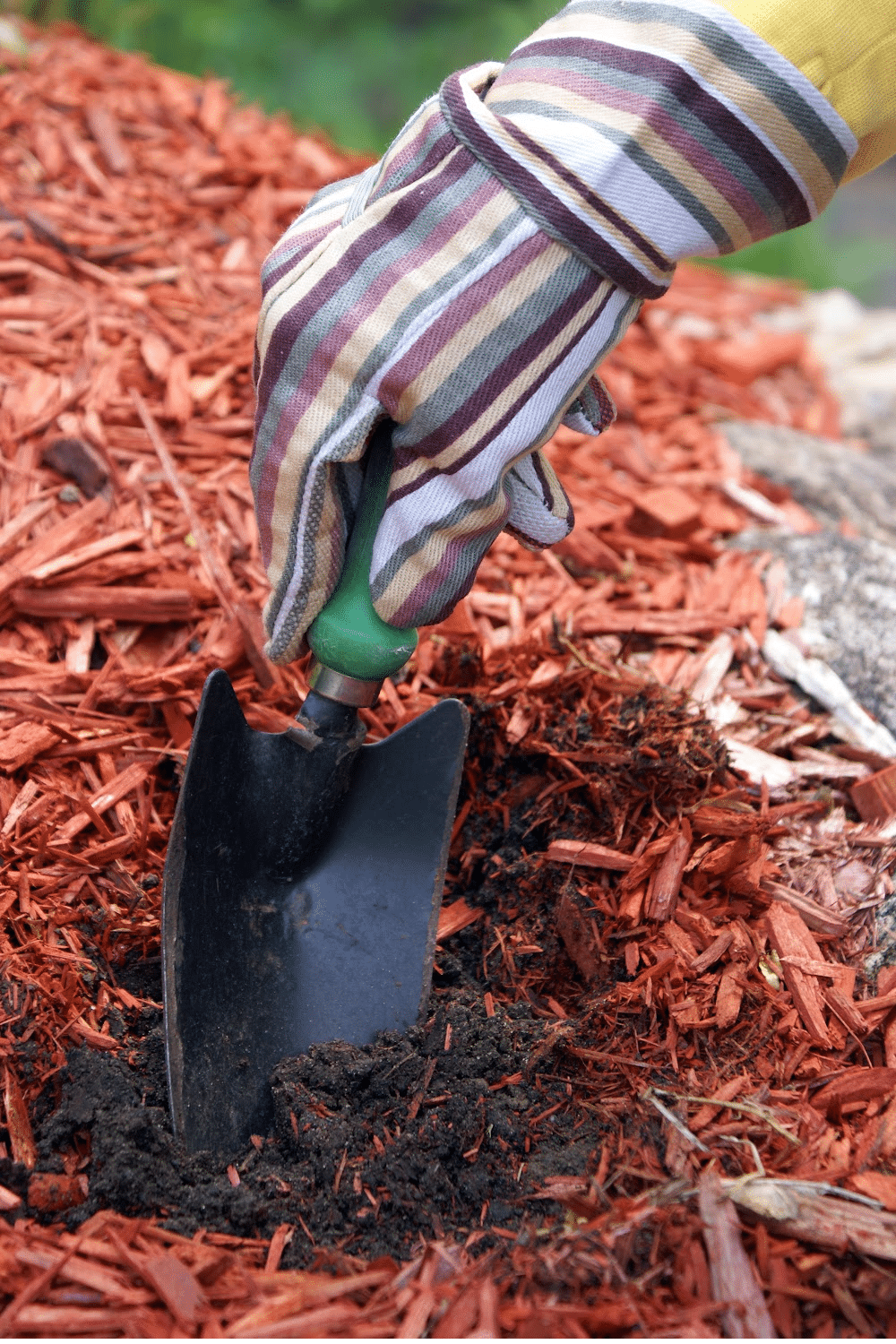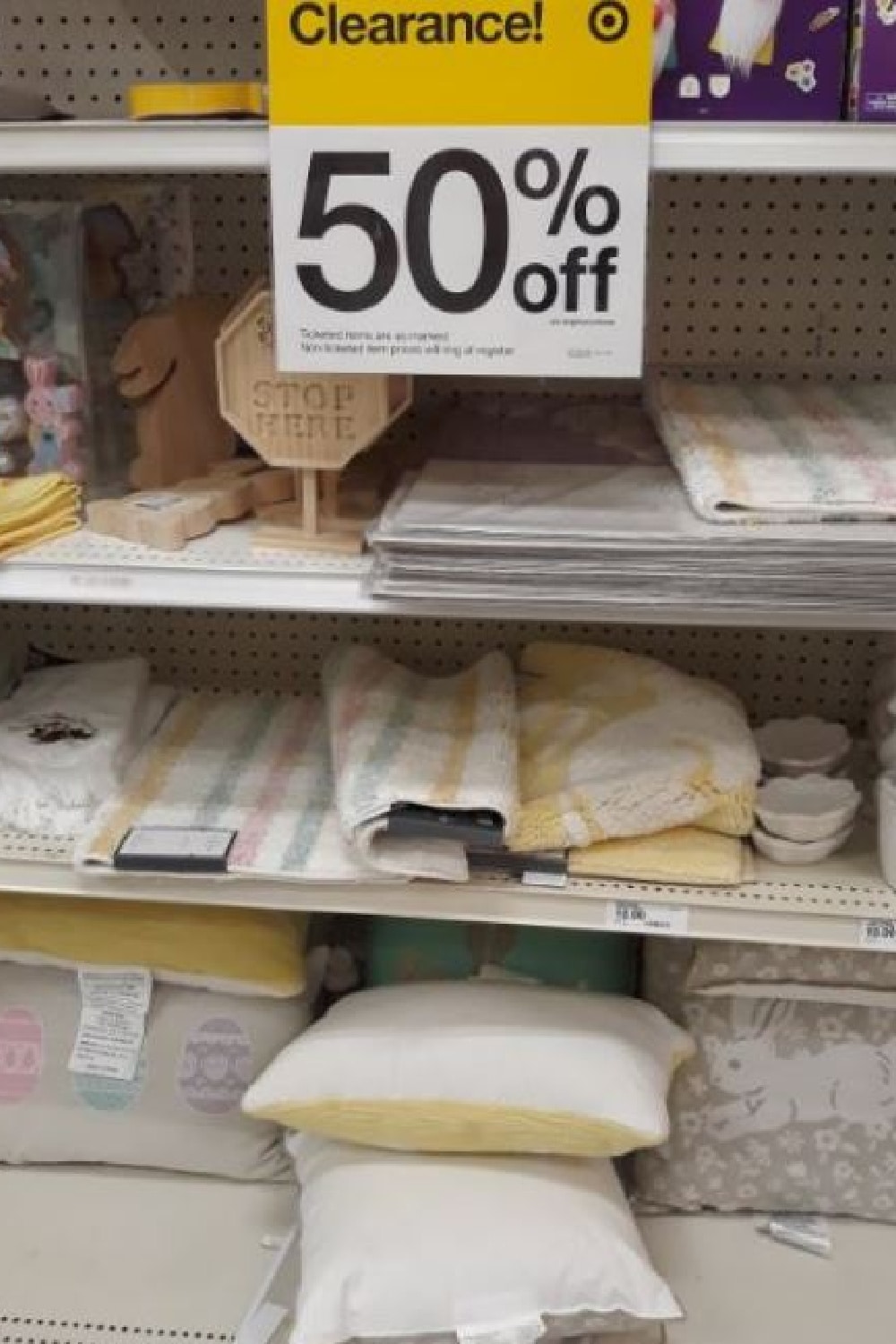Ditch the Debt: 6 Effective Strategies for Better Spending
Need help to control your impulse spending? These six tips will help you break your bad spending habits and will help you live a happier, more carefree life!
Ditch the Debt: 6 Effective Strategies for Better Spending
Imagine yourself in a place where you could finally take the kids on that special vacation or finally give generosity to your favorite charity. The good news is this doesn’t have to be a dream. It could be your reality.
As prices rise, most of us are now looking at our finances and wondering where we can do a little more belt-tightening. The effects can be painful when it comes to bad habits surrounding money. And it can happen so quickly.
For some, saving money can be as easy as changing our spending habits, and breaking any bad habits that we may have—recognizing the fact that nonessential spending leaves less money to put toward essential items. So let’s talk about some ways to break your bad spending habits.
Whether you’re cutting costs in the kitchen or being more strategic about shopping, here’s our expert advice on how to break bad spending habits to save you money this year.
Read More Money Saving Tips & Tricks from Inspiring Savings
Credit & Debit Cards
It is so easy to just pull out those debit and credit cards and swipe them. And we often do it without giving it a second thought. This is fine if you are making purchases that you genuinely need. But if you have a habit of overspending or buying things you don’t need, just leave the cards at home.
Track Your Expenses
Again, it is easy to lose track of your expenses if you are using credit and debit cards regularly. So it is important to track your expenses.
Your bank and credit card companies likely have apps available to help you track your spending so that you can figure out exactly how much money you have and where it is all going. Use these apps to figure out where your money is going and to identify areas where you can lower your expenses like monthly subscriptions you may not be using.
Identify Needs and Wants
Sure, you might want a new dress, a lamp for the living room, or a new comforter for the bed, but do you need them?
Identifying your needs and your wants can help you to save money. If it is something that you need, then yes, you may have to get it now, but if it is simply want, you can save for it and buy it when you have the money available.
Be honest about how your purchase will affect your life, and then decide if that want is worth the asking price. There is no reason not to be.
Plan Your Meals
Meal planning can help you to save money at the grocery store, and relieve the worry about what to have for dinner every night. Meal planning is easy. You just need to write down the meals that you would like to have for a week or two, and then add the ingredients that you need to your grocery list.
Over the years, I have learned to develop a habit of meal planning for a month at a time. If I have an ingredient that tends to be on the expensive side, I add it to the end of the month and keep an eye out for sales.
Meal planning allows you to “shop” from your pantry, refrigerator, and freezer before heading to the store. This can help you to reduce food waste and help keep your budget on track.
Shop with a List
When it’s time to head to the store, shop with a list and stick with it. If you find that you have a hard time avoiding impulse purchases, there is no reason for you to go to the store yourself.
HEY, sometimes you just need a voice of reason with you. This is why I often shop with my husband. Or think about ordering your groceries and other purchases online and either have them delivered to your door or pick them up at the store. Amazingly, we have this option available to us.
Create a Budget and Stick to It
If you haven’t already, create a budget for the family and stick with it. Make sure that your budget includes savings, an emergency fund, and an entertainment budget. It’s unrealistic to think that you will never need to treat the family or yourself with something special.
But don’t forget to give yourself a small allowance. You can’t cut off everything. Just remember: When the money’s gone, the spending stops. No exceptions. Are you looking for a way to boost your savings or emergency fund quickly?
Try a no-spend challenge to give yourself a great start. It is a great challenge. We do this every six months. It gives us a boost.
Other Money Saving Hacks
5 SHOCKING Ways to Save Your Electric Bill
The Best Time to Buy Anytime – A Month-to-Month Grocery Sale Cycle Guide
7 Easy Weekly Meal Planning Ideas That Work
This post may contain affiliate links or sponsored content. Disclosure Policy









